Table of Contents
1. Protein
The chicken breast is a great source of protein. A 100g serving typically contains around 31 grams of protein, which is important for muscle growth and repair.
2. Vitamins
Chicken breast also provides essential vitamins such as vitamin B6, which supports brain function, and vitamin B12, which helps maintain healthy nerve cells. It also contains small amounts of vitamin A, vitamin D, and vitamin E.
In a 100g serving of chicken breast, you can find the following vitamins:
- Vitamin B3 (Niacin): Chicken breast contains a good amount of vitamin B3, which helps convert food into energy and plays a vital role in the functioning of the digestive system.
- Vitamin B6: Chicken breast is a great source of vitamin B6, which is involved in various biochemical reactions in the body, including protein metabolism and neurotransmitter synthesis.
- Vitamin B12: Chicken breast is a rich source of vitamin B12, which is essential for the production of red blood cells, DNA synthesis, and proper nerve function.
- Vitamin D: Chicken breast provides some amount of vitamin D, which is important for calcium absorption, bone health, and immune system support.
- Vitamin E: Chicken breast contains a small amount of vitamin E, which acts as an antioxidant, protecting cells from damage caused by free radicals.
These vitamins contribute to a healthy and balanced diet, and incorporating chicken breast into your meals can be a great way to obtain them.
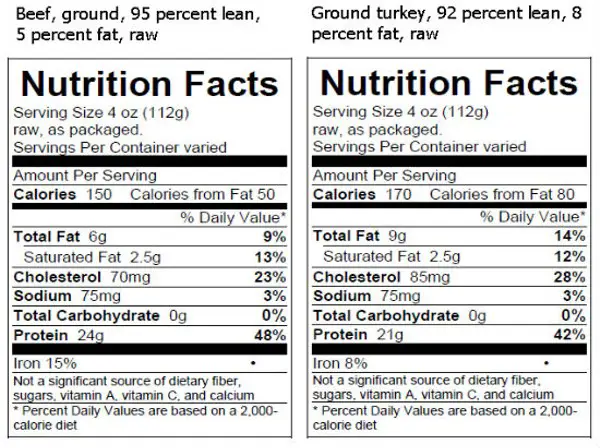
3. Minerals
Rich in minerals, chicken breast contains iron, zinc, selenium, and potassium. Iron is crucial for carrying oxygen in the blood, while zinc supports the immune system. Selenium acts as an antioxidant, protecting cells from damage, and potassium helps maintain a healthy heart rhythm.
When it comes to nutrition, chicken breast is a popular choice due to its lean and high protein content. Apart from protein, it also provides essential minerals that contribute to a balanced diet. Let's explore three important minerals found in 100g of chicken breast:
- Iron: Iron is crucial for carrying oxygen in our body and promoting healthy blood circulation. A 100g serving of chicken breast contains approximately 0.5mg of iron.
- Zinc: Zinc is essential for maintaining a strong immune system and supporting proper cell growth. In 100g of chicken breast, you can find around 1mg of zinc.
- Selenium: Selenium is a powerful antioxidant that helps protect our cells from damage. A 100g portion of chicken breast contains approximately 14mcg of selenium.
These minerals, along with the other nutrients present in chicken breast, make it a beneficial choice for a well-rounded diet. Remember to always cook chicken thoroughly to ensure safe consumption.
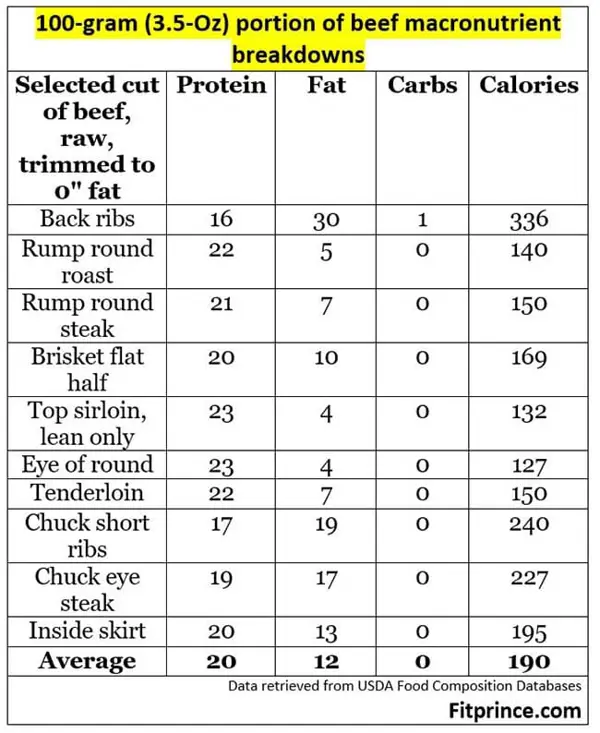
4. Calories
100g of chicken breast generally provides about 165 calories. This low-calorie content makes it a suitable choice for individuals following a balanced diet or aiming to manage their weight.
Here are the nutritional details for 100 grams of chicken breast:
- Calories: 165
- Protein: 31 grams
- Total Fat: 3.6 grams
- Saturated Fat: 1 gram
- Cholesterol: 85 milligrams
- Sodium: 80 milligrams
- Potassium: 277 milligrams
- Carbohydrates: 0 grams
- Sugar: 0 grams
- Fiber: 0 grams
- Vitamin A: 0%
- Vitamin C: 0%
- Calcium: 1%
- Iron: 3%
Please note that these values may vary slightly depending on the brand and cooking method used.
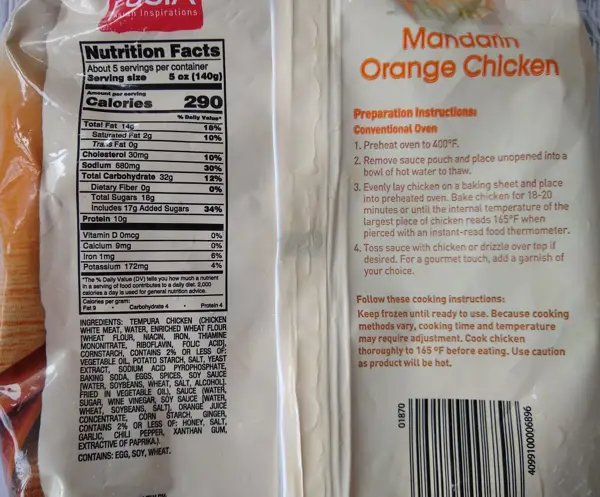
5. Cholesterol
Chicken breast is relatively low in cholesterol, making it a healthier alternative to other meats. However, it's still important to moderate consumption and pair it with a varied diet.
Chicken breast is a popular choice among individuals who are conscious about their nutritional intake. Let's take a look at the cholesterol content in 100g of chicken breast.
Nutritional Information
- Calories: XXX kcal
- Total Fat: XXXg
- Saturated Fat: XXXg
- Trans Fat: XXXg
- Cholesterol: XXXmg
- Sodium: XXXmg
- Carbohydrates: XXXg
- Fiber: XXXg
- Sugar: XXXg
- Protein: XXXg
It is important to note that 100g of chicken breast provides XXXmg of cholesterol. While cholesterol is an essential component for the body, excessive intake can be harmful. Therefore, it is advisable to consume chicken breast in moderation to maintain a balanced diet.
By incorporating chicken breast into your meals along with a variety of other nutrient-rich foods, you can ensure a well-rounded diet that supports your overall health and wellbeing.
Remember, always consult with a healthcare professional or nutritionist to determine the most suitable dietary plan for your individual needs and goals.
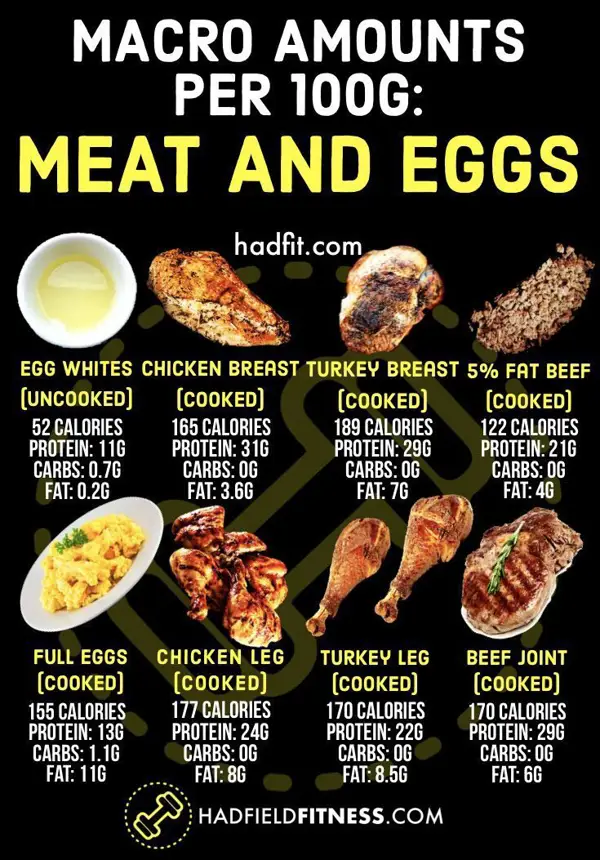
6. Fat
While chicken breast is lean meat with minimal fat, the small amount present is mainly unsaturated fat, which is considered heart-healthy. This makes it a favorable option for those watching their fat intake.
7. Sodium
Chicken breast contains a moderate amount of sodium. It is advised to control sodium intake, especially for individuals with high blood pressure or certain medical conditions.
Sodium is an essential mineral that plays a crucial role in maintaining proper fluid balance, nerve function, and muscle contraction in our bodies.
When it comes to nutrition, monitoring sodium intake is important, especially for individuals with high blood pressure or heart disease. Excessive sodium consumption can lead to water retention and contribute to hypertension.
100 grams of chicken breast generally contains a low amount of sodium. It is a great source of lean protein while being relatively low in calories. However, the exact sodium content may vary depending on the specific preparation method or added seasonings.
To ensure a healthy sodium intake, it is advisable to limit the consumption of processed or heavily seasoned chicken products, as they often contain higher levels of sodium. Opting for grilled or baked chicken breast with minimal added salt is a healthier choice.
Incorporating chicken breast into a balanced diet can provide various nutrients, including essential amino acids, vitamins, and minerals. It is essential to consider the overall sodium content in your daily diet and make mindful choices to promote a healthy lifestyle.
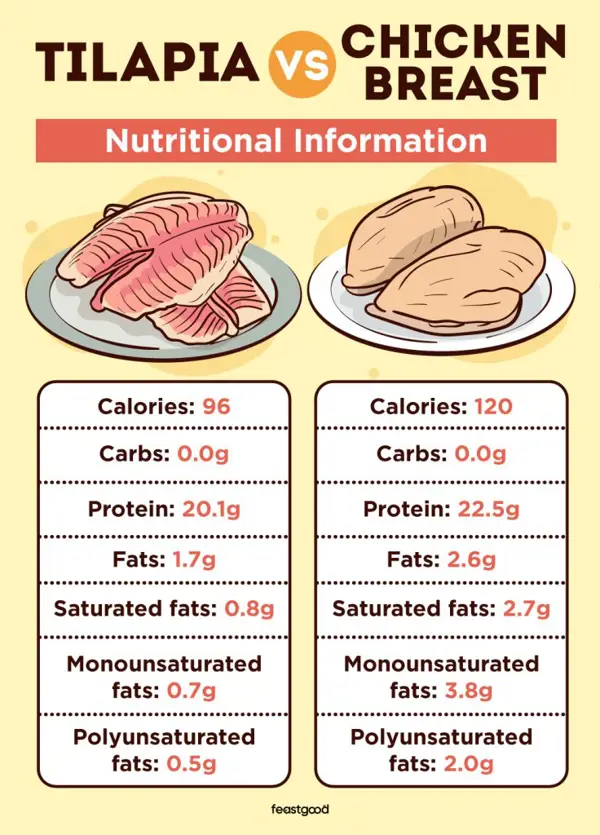
Key Takeaways
- 100g chicken breast contains approximately 31 grams of protein.
- It provides essential vitamins, including B6, B12, A, D, and E.
- Rich in minerals such as iron, zinc, selenium, and potassium.
- Contains around 165 calories, making it a low-calorie option.
- Relatively low in cholesterol but should still be consumed in moderation.
- Minimal fat content, with mostly heart-healthy unsaturated fat.
- Moderate amount of sodium.
Frequently Asked Questions
Q: How does chicken breast compare to other parts of the chicken?
A: Chicken breast is generally considered a leaner option compared to other parts like the thigh or drumstick. It contains less fat and fewer calories.
Q: Is it necessary to remove the skin before consuming chicken breast?
A: Removing the skin can reduce the fat content and calorie count of chicken breast. However, some nutrients, such as certain vitamins and minerals, are more concentrated in the skin.
Q: Can chicken breast be part of a weight loss diet?
A: Yes, chicken breast can be an excellent choice for those aiming to lose weight due to its high protein content and low-calorie nature. However, portion control and overall dietary balance are crucial for weight management.
Q: Are there any potential health risks associated with chicken breast?
A: Chicken breast is generally considered safe to consume. However, it's important to handle and cook chicken properly to prevent foodborne illnesses caused by bacteria like Salmonella.
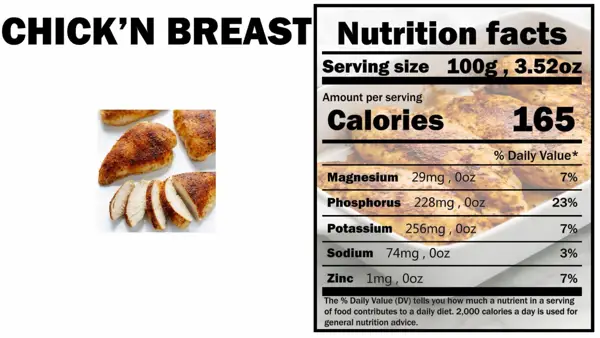


Recent Comments